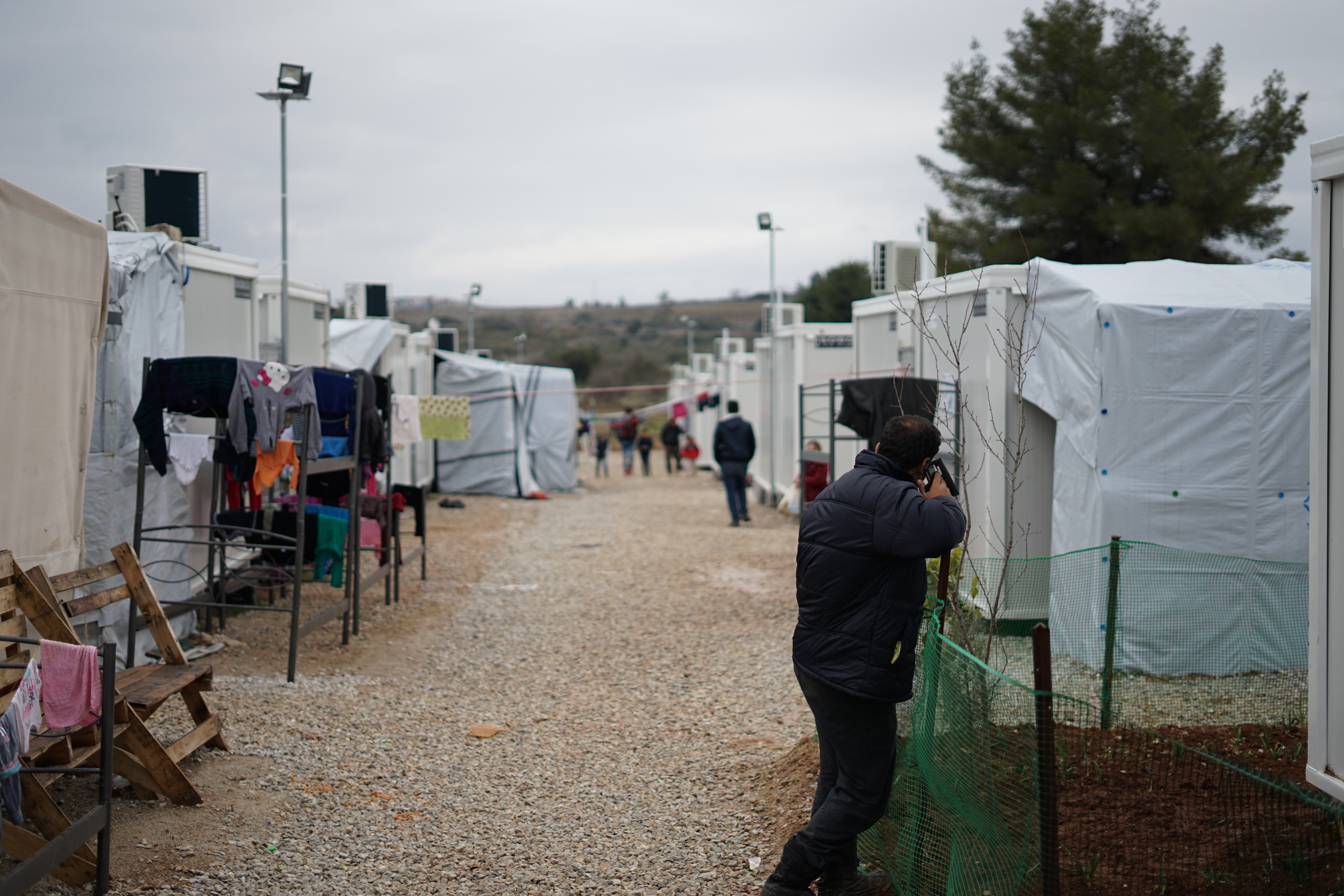
Nov 22, 2021
Oldfield Consultancy and Marie Oldfield CStat, CSci, FIScT have been featured in the media this week. Our research with Pro Bono Economics and the Refugee Survival Trust is a critical piece of work that demonstrates a significant loss of taxpayers money and ongoing human suffering. The UK Home Office is called on to rectify this. The Independent has featured this piece and you can read all about it by clicking below.
Click here to Read The Article
Click here to read the media coverage in the Independent
Research with Pro Bono Economics and the Refugee Survival Trust
Over half the total applications for asylum the UK receives each year are initially rejected, yet nearly a third of these initial rejections are subsequently overturned on appeal. This system that fails to get decisions right first time imposes significant costs, not just on the applicants themselves, but also more widely on UK taxpayers.
The taxpayer and Treasury bear the costs of this system failure in a number of different ways. Directly, resource is wasted within the courts and the legal aid system. The more protracted the process, the longer the Home Office must fulfil its obligations to provide accommodation and subsistence to asylum seekers at risk of destitution. There are also additional administrative costs to the Home Office: we estimate the cost of incorrect initial decisions adds up to £4 million per year.
The NHS must also manage the knock-on impacts of incorrect initial asylum decisions. More than 61% of asylum seekers and refugees experience serious mental distress including higher rates of depression, post-traumatic stress disorder and other anxiety disorders, and being refused asylum is the strongest predictor of depression and anxiety within asylum seekers.
In addition, the longer the appeals process drags on, the greater the opportunity costs for the UK economy. With the majority of asylum seekers banned from working, the Exchequer misses out on significant tax receipts. While refugees are stuck in a position of unemployment, their skills can become eroded: only 15% of refugees find employment in the UK of a similar status to that they had held in their country of origin. That has long-term impacts for the economy, with asylum seekers earning and working less than UK nationals and economic migrants.
At a time of real pressure both on Public Sector departmental budgets and NHS services, and when businesses are struggling to fill skills gaps, these costs cannot be dismissed. Nor can the potential benefits of refugees’ skills and experience be underestimated.
Reducing the number of incorrect initial decisions on asylum applications would require tackling a number of challenges that exist within the system, from the training of Home Office staff to the consistent provision of competent translators. Our research indicates that the support provided to asylum seekers during their application process may play a key role in affecting the outcomes of their applications.
The environment in which many people apply for asylum in the UK is an incredibly unstable one. Often arriving in the UK with very few resources, facing great uncertainty about their future and forbidden from working, many asylum seekers are reliant on the state and charities to survive and meet their essential needs, from bus passes to food. Only a very limited support system is provided by the government, and many individuals and families find themselves in precarious financial positions in addition to coping with the substantial trauma of the circumstances which forced them to flee home. This backdrop can impact the ability of asylum seekers to represent and advocate for themselves during the asylum process.
This is backed by evidence that suggests that the most vulnerable groups of asylum seekers are consistently more likely to have their appeals upheld by the courts. That includes women who have been more likely to succeed on their appeals every year for the last decade aside from 2015. There is also a marked difference in success rates between nationalities, with asylum seekers from nations experiencing extreme violence – such as Afghanistan, Sudan, Yemen and Libya – twice as likely to be successful at appeal than those from more less overtly violent nations. Coming to the UK having experienced significant trauma and with few resources, these groups are precisely those who need the most support from the asylum system.
Given this, investment in forms of support for asylum seekers which help create a more stable environment in which to go through the asylum process could help not only cut down on the costs of incorrect initial decisions but also on other potentially greater costs for the taxpayer. Charities which provide services such as help to access childcare, education, integration, transportation, essential goods, and accommodation to asylum seekers play an essential role in helping to ensure asylum applications are right first time by contributing to a more stable environment in which to apply.